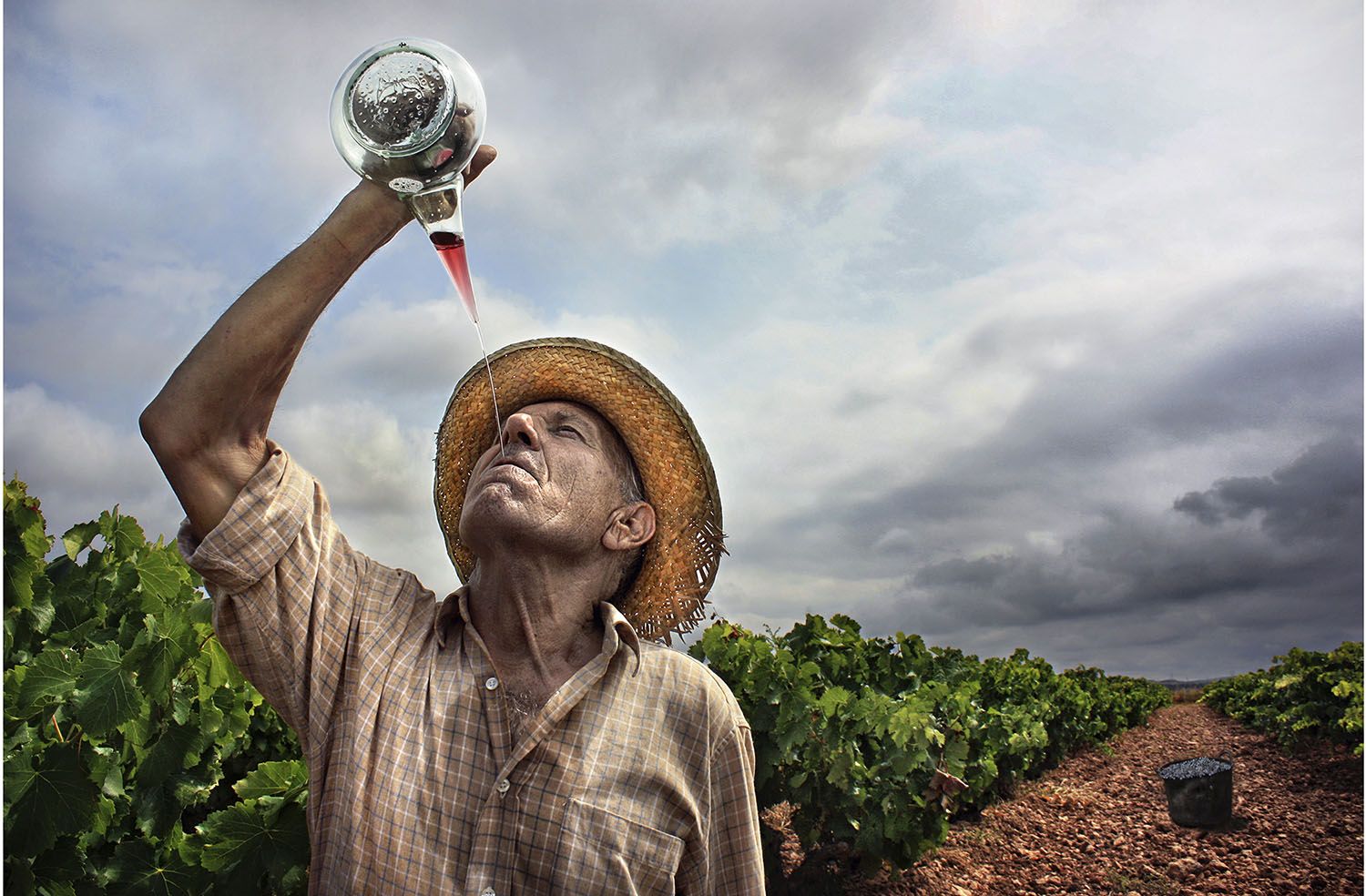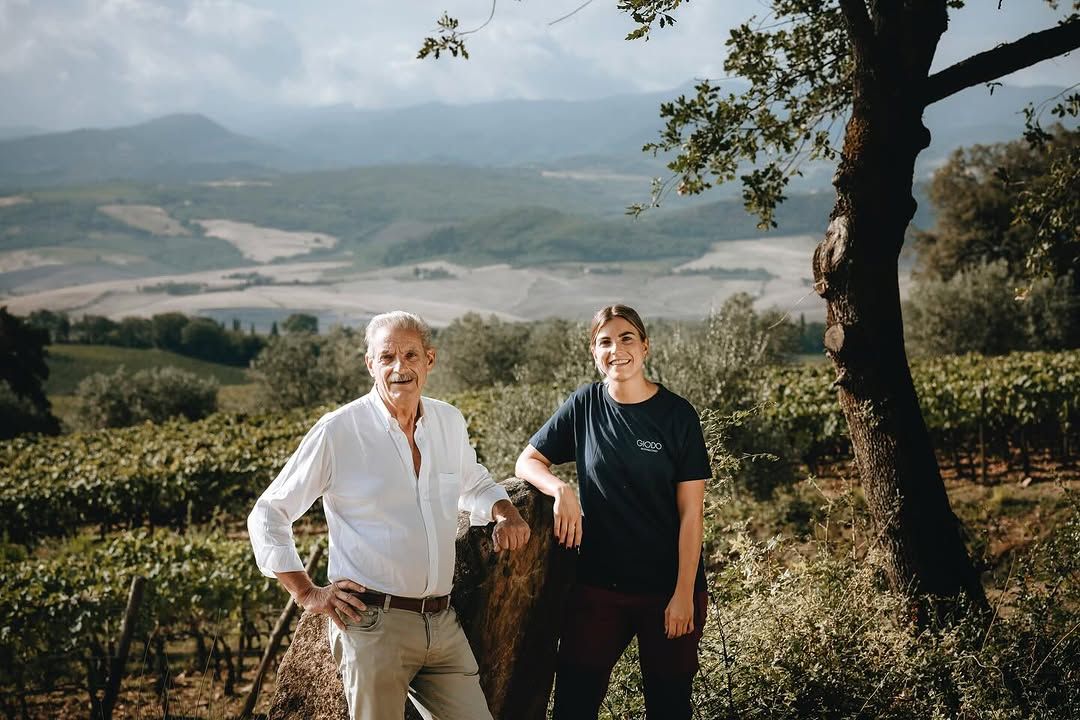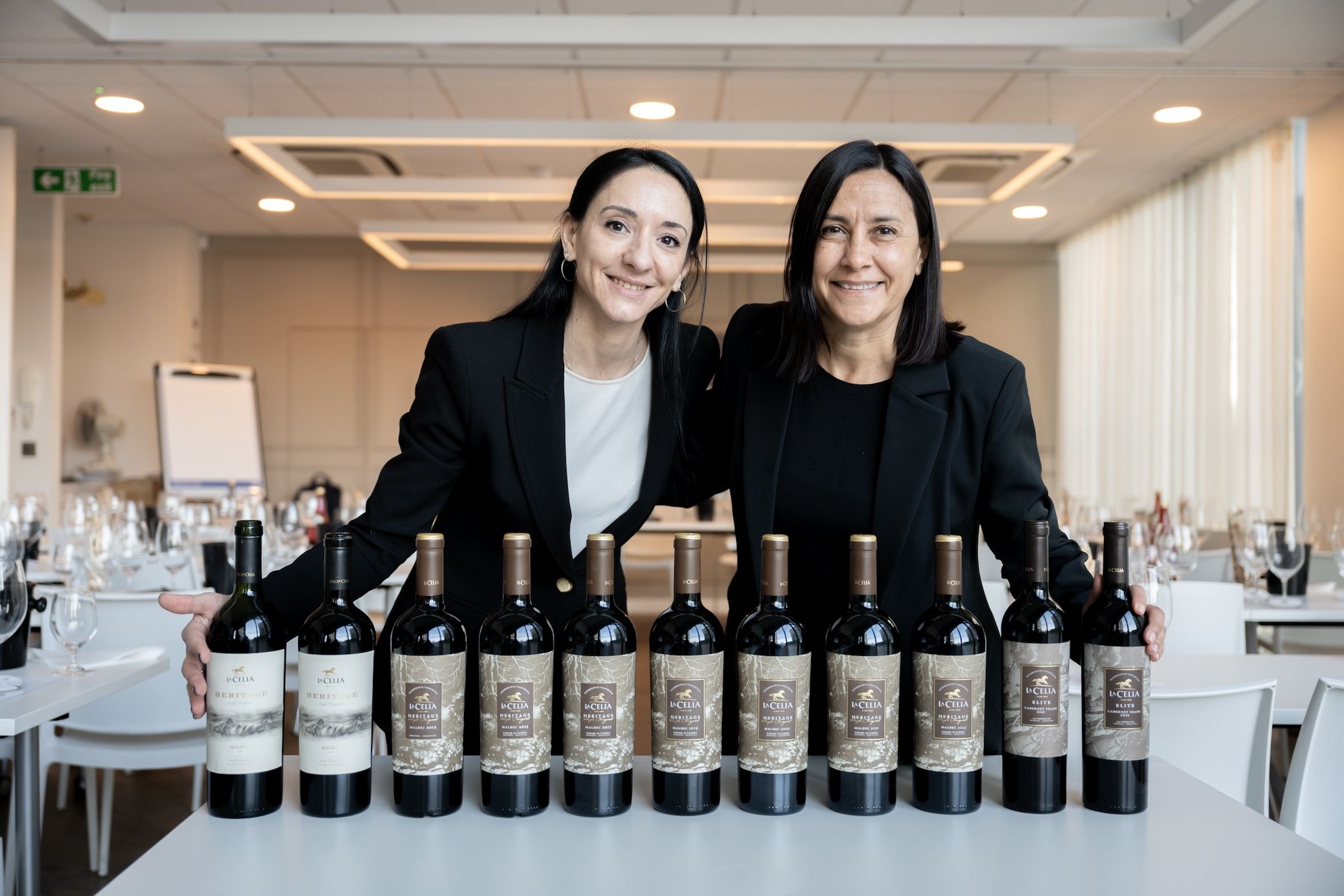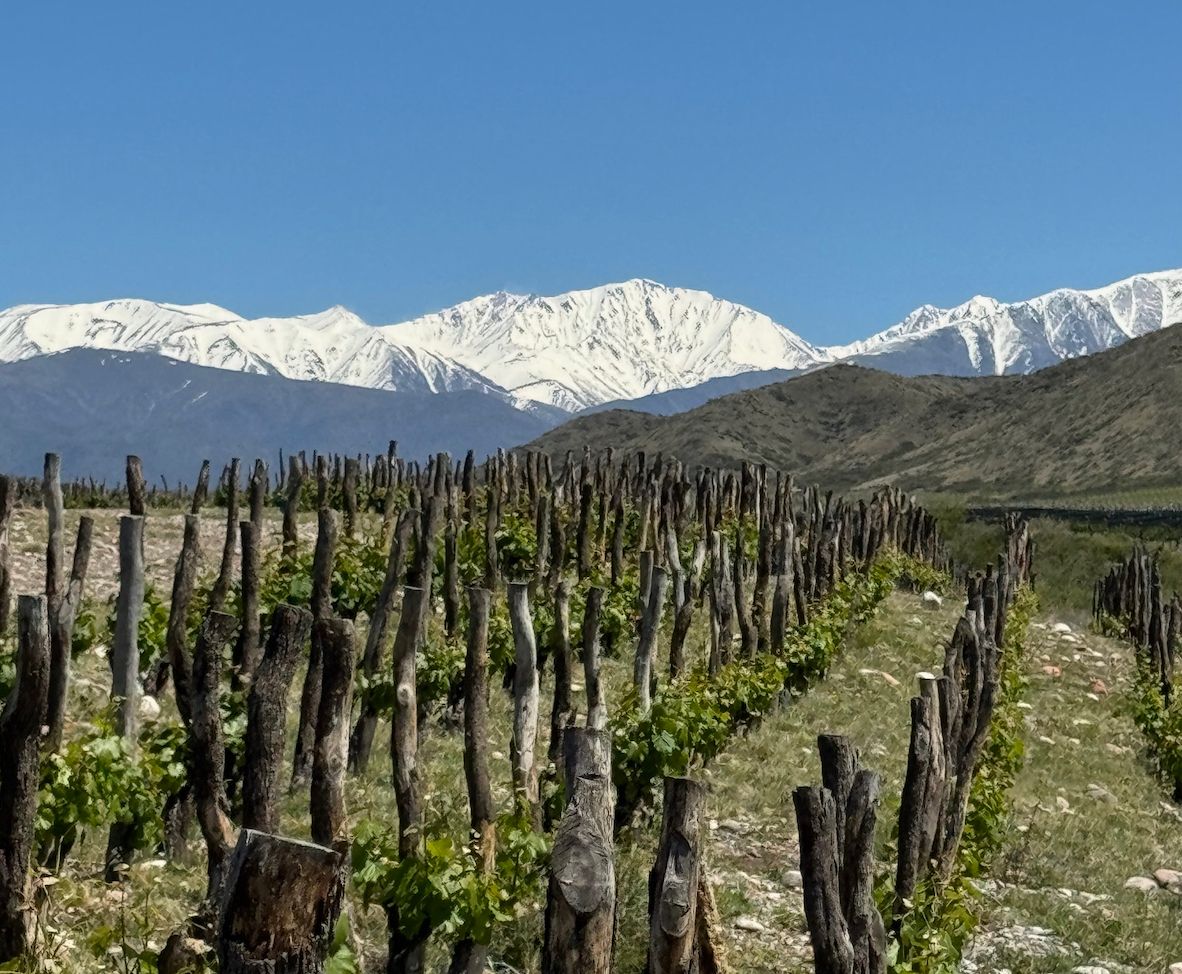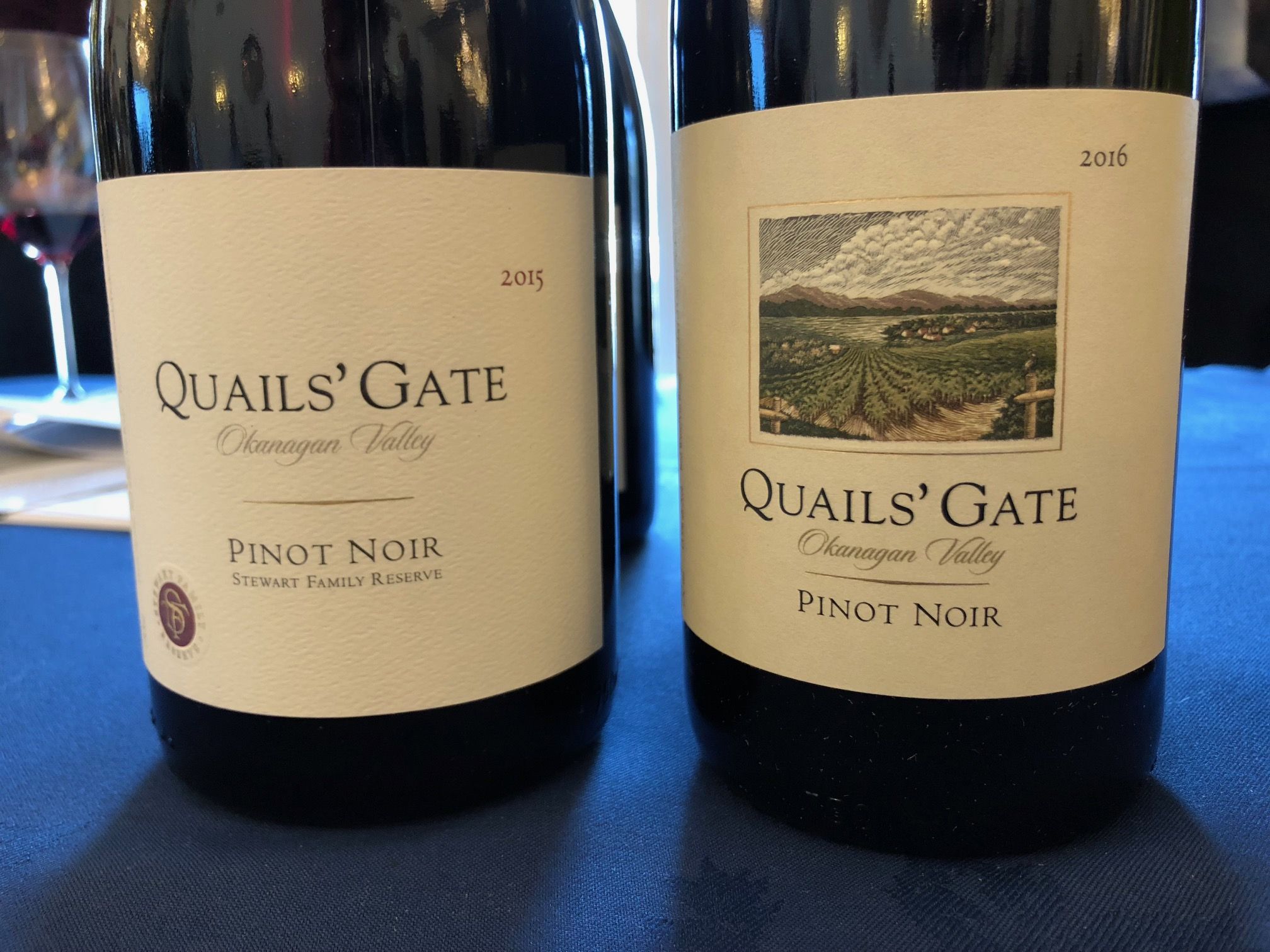One notable aspect of the latest Wines of Argentina Barullo tasting was how well many wines showed from varietals less commonly associated with Argentina.
Phil Crozier, brand ambassador for Wines of Argentina, was succinct and to the point. “North, both, east, west; high and low, warm and cool, Argentina is a land of extremes, throwing up challenges in every region,” he declared. “But every challenge brings personality to this diverse winemaking country, which continues to break new ground.”
His words rang very true in an excellent tasting of the country’s wines from its extreme regions that Wines of Argentina laid on in London in mid-October. From the semi-desert Colchaqui Valley in the north-west through the cool climate DOCs of Mendoza province to Neuquen and Patagonia in the south, the wines showed the sort of distinctive personality and drinkability that is likely to enchant consumers.
While there was inevitably a plethora of good Malbecs of differing styles to choose from, what was especially gratifying was how well many wines showed from varietals less commonly associated with Argentina.
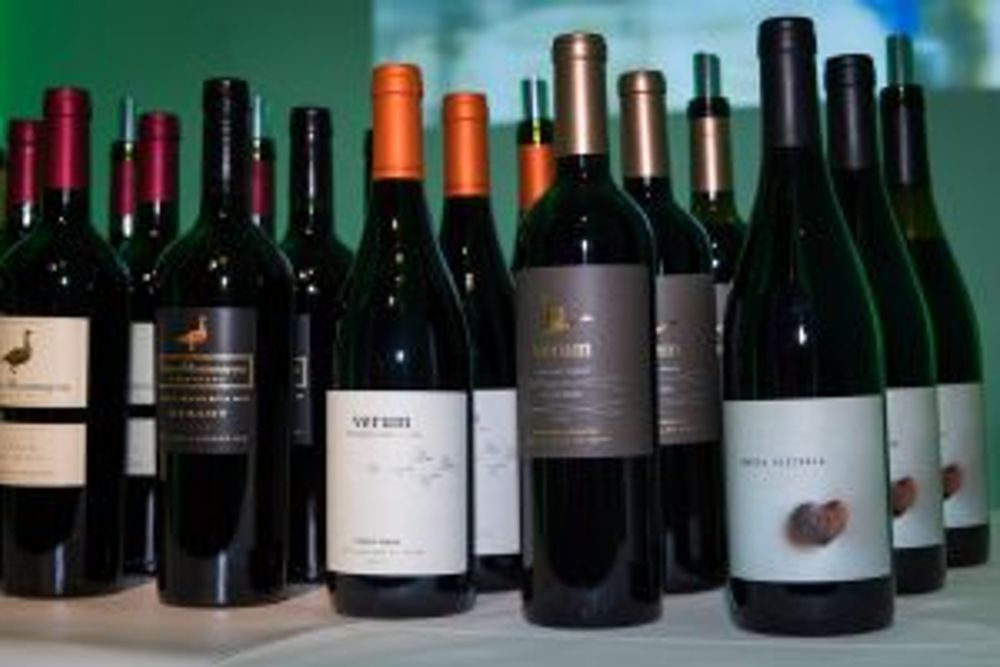
For example, the Domaine Bousquet Reserve Pinot Noir 2016, from grapes grown at 1200m in Gualtallary in the Tupungato sub-region of the Uco Valley, exhibited elegant red fruit with soft tannins and vibrant acidity; the Argento Cabernet Franc 2015 from Lujan de Cuyo was brimming with lovely fruit. At 13.5% abv, both wines lured you back for a second glass. The Fabre Montmayou 2012 Merlot from Rio Negro in Patagonia was a degree higher in alcohol, as might be expected of this grape, but it was well-balanced, offering generous fruit and soft tannins.
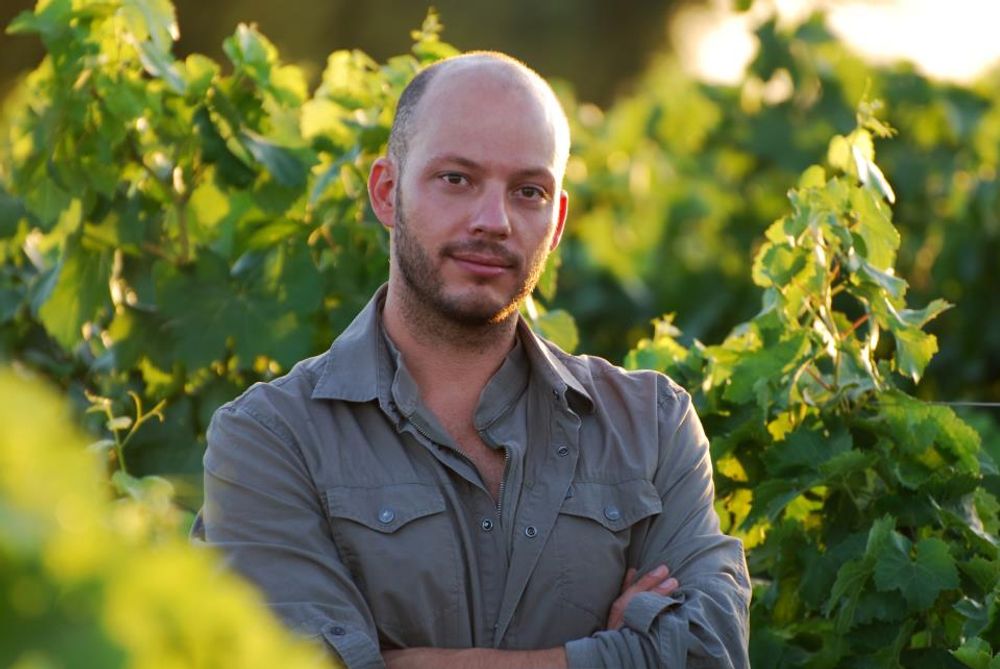
“Patagonia is the right place,” Elias Lopez, Verum winemaker
Elias Lopez, winemaker for the Verum winery in the Rio Negro province of Patagonia, pointed to the benefits of its location:
“The combination of low elevation and good water resource made us think Patagonia was the right place,” he said. “I like the style of Pinot Noir there – the wine is so expressive. It is difficult to find this level of Pinot Noir elsewhere in South America.”
“When I arrived in 2016 at the winery to consult, we started producing this style, using concrete tanks. This style is very gentle and natural because the low altitude means skins don’t need to be so thick to protect against the sun. It’s the same for the Malbec. As for Cabernet Franc, some of the vines are very old and I think it’s an amazing grape for Argentina.”

Phil Crozier (left) at Barullo Sessions: The Extremes
By contrast, the Colchaqui Valley, which comprises the provinces of Jujuy, Salta, Tucuman and Catamarca receives only 150mm of rain a year (all between January and March), and has vineyards located between 1700-3111 m. The sun is very strong, but temperatures are cooled by windy afternoons, helping to maintain healthy bunches, which tend to be small with thick skins.
Notable concentration, along with high acidity from cool nights, was the hallmark of Jorge Noguera’s wines from the Colome winery in Salta. His magnificently concentrated Lote Especial ‘El Arenal’ Malbec 2016 (from vines planted at 2600m) was also elegant, fresh and floral with notes of spice and minerality. Bright purple, with overt tannins that were neatly-integrated, this 14.5% abv offering was beautifully balanced. It was a good reminder of how special high altitude Argentine Malbec can be.
- This was the latest in a series of Barullo tastings and events hosted by Wines of Argentina to showcase different aspects of the country’s wines and the winemakers that produce them.
